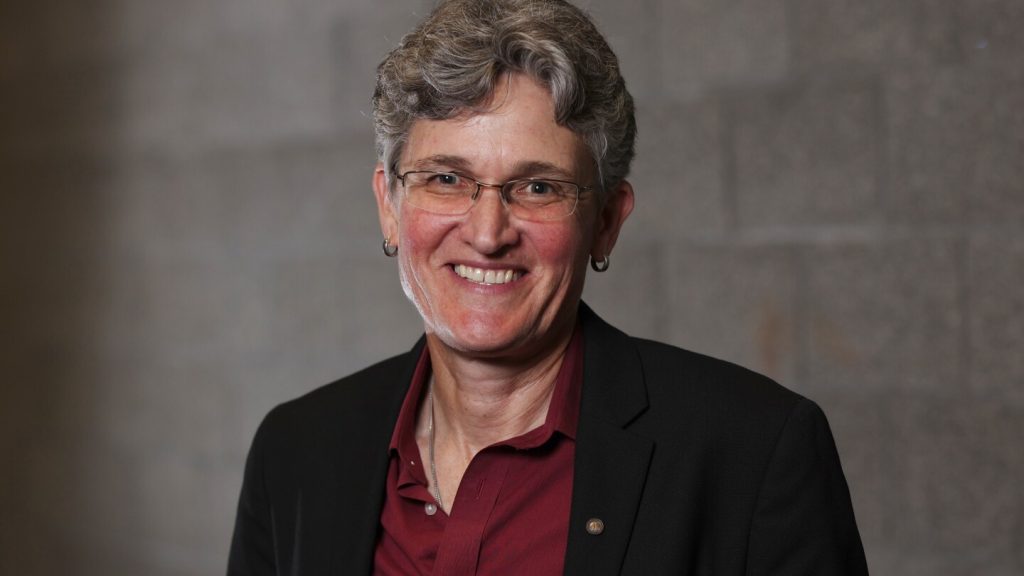A new political action committee called Health Equity Now has started spending money in a key Oregon swing district just days before the Democratic primary. The primary will feature Janelle Bynum and Jamie McLeod-Skinner competing to face off against first-term Republican lawmaker Rep. Lori Chavez-DeRemer in the general election. The race is considered to be one of the most competitive in the nation, as the two major parties vie for control of the House. The district is one of 16 won by President Joe Biden that is currently represented by a Republican in the House.
Health Equity Now has reserved about $352,000 in advertising supporting McLeod-Skinner, with ads highlighting her progressive values and support for Medicare for all. The group registered with the Federal Election Commission on May 3 and will not have to disclose its donors until after the election, sparking concerns about hidden interests influencing the race. The ad buying firm, Fidi Media, LLC, has a history of working with Republican candidates, further raising suspicions among Democrats about potential ties to Republicans behind the late influx of cash.
The Bynum campaign has raised concerns about potential Republican involvement in the primary, with a spokesperson stating that the ad buys suggest ties to Republicans and accusing the GOP of meddling in the Democratic primary. Meanwhile, McLeod-Skinner claims to be unaware of the group but agrees with the message in the ads regarding the importance of quality and affordable healthcare for everyone. While the Democratic Congressional Campaign Committee has not formally endorsed a candidate, Bynum is on their “Red to Blue” list for top-tier candidates receiving support, having previously defeated Chavez-DeRemer in state House races.
McLeod-Skinner, a progressive candidate, unseated a moderate Democrat in 2022 but narrowly lost to Chavez-DeRemer in the general election. The outside spending in the Democratic primary so far has favored Bynum, with over $1.2 million in independent expenditures supporting her or opposing McLeod-Skinner. Whoever wins the primary will face a well-funded Republican incumbent in the general election, as Chavez-DeRemer had nearly $1.9 million in cash on hand as of May 1. While the campaign arm for House Republicans denies any involvement in the Democratic primary, questions remain about the origin of the Health Equity Now group and their intentions in the race.
The competitive nature of the Oregon swing district, with a Democratic primary featuring two strong candidates and a well-funded Republican incumbent, has drawn attention and resources from both parties. The outcome of the primary will have significant implications for the national political landscape as Democrats and Republicans vie for control of the House. While allegations of Republican interference in the Democratic primary have surfaced, both Bynum and McLeod-Skinner continue to focus on their respective campaigns, highlighting their policy platforms and vision for the future of the district and the country. As the primary election approaches, voters will have to navigate the complexities of outside spending and potential influence from undisclosed interests in making their decision at the polls.















